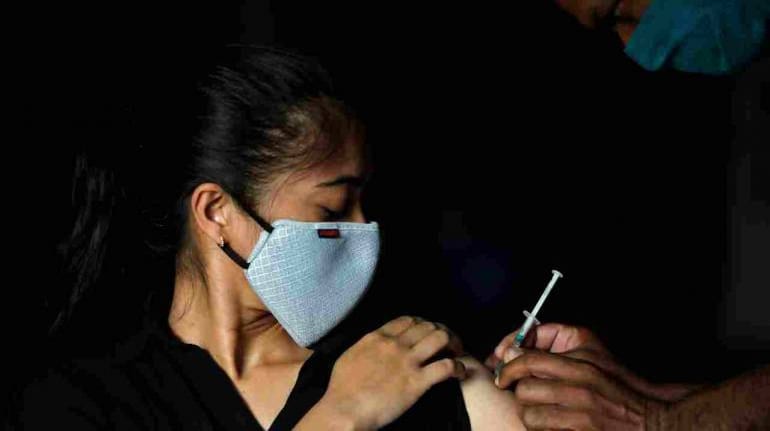



The World Health Organisation (WHO) has issued a Medical Product Alert about counterfeit Covishield vaccines circulating in India and Uganda.
The falsified products were reported to WHO in July and August 2021.
"The genuine manufacturer of Covishield (Serum Institute of India Pvt. Ltd.) has confirmed that the products listed in this alert are falsified. These falsified products have been reported at the patient level in Uganda and India," WHO said.
WHO said the products were confirmed as falsified on the basis that they deliberately/ fraudulently misrepresent their identity, composition or source.
The counterfeit Covishield vial detected in Uganda was a 5 ml dosage form containing 10 doses. It had a batch number 4121Z040 and the falsified expiry date of August 10.
The fake one detected in India was 2 ml - 4 doses vial. SII doesn't produce such vials.
WHO's Global Surveillance and Monitoring System for Substandard and Falsified Medical Products has unearthed these counterfeit vaccines.
This isn't the first time that counterfeit COVID-19 vaccines have been detected. WHO has earlier identified as counterfeit Pfizer-BioNTech COVID-19 circulating in Americas. These counterfeit products were supplied and administered to patients outside of authorised vaccination programmes.
Counterfeit drugs and vaccines are a major problem in South Asia and Africa. WHO has expressed concern about fake vaccines in circulation.
"Falsified COVID-19 vaccines pose a serious risk to global public health and place an additional burden on vulnerable populations and health systems. It is important to detect and remove these falsified products from circulation to prevent harm to patients," the agency said.
Strengthen surveillanceWHO requested increased vigilance within the supply chains of countries and regions likely to be affected by the falsified products.
"Increased vigilance should include hospitals, clinics, health centers, wholesalers, distributors, pharmacies, and any other suppliers of medical products," the global agency said.
"All medical products must be obtained from authorized/licensed suppliers. The products’ authenticity and physical condition should be carefully checked. Seek advice from a healthcare professional in case of doubt," WHO added.
For the public, WHO said if any one used these products, or suffered an adverse reaction having used these products, the person should seek immediate medical advice from a qualified healthcare professional and to report the incident to the National Regulatory Authorities and National Pharmacovigilance Centre.
It also asked National regulatory and health authorities to immediately notify WHO if these falsified products are discovered in their country.
Discover the latest Business News, Sensex, and Nifty updates. Obtain Personal Finance insights, tax queries, and expert opinions on Moneycontrol or download the Moneycontrol App to stay updated!
Find the best of Al News in one place, specially curated for you every weekend.
Stay on top of the latest tech trends and biggest startup news.